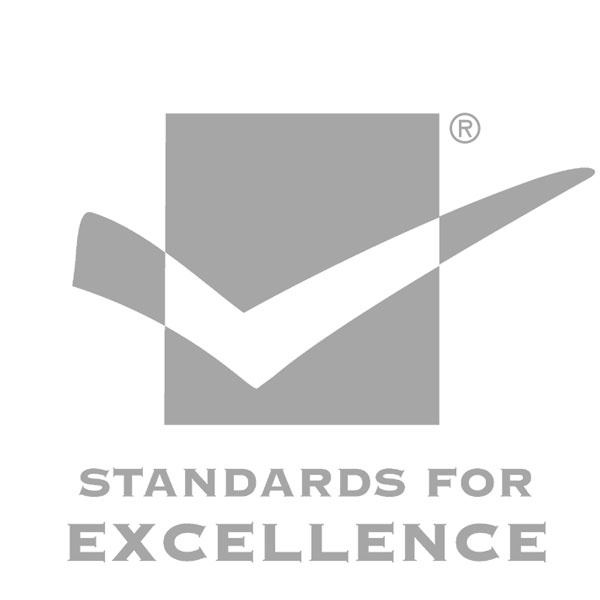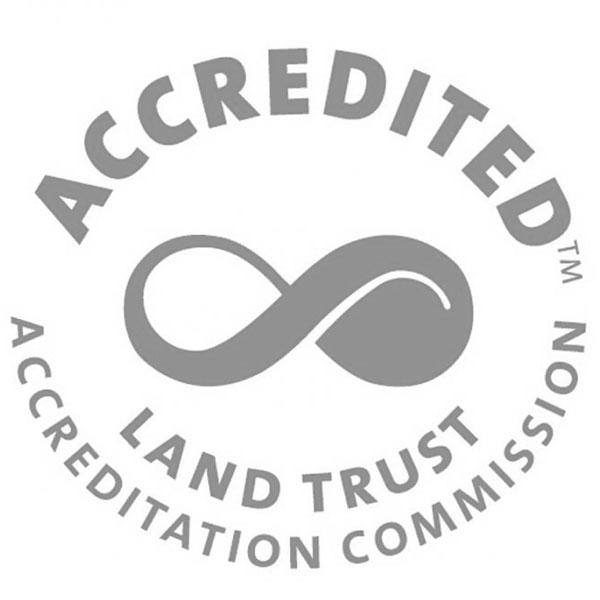December 27, 2018
Here at ESLC, we believe in the old adage, 'If you talk it, you walk it'. With this in mind, ensuring that the future Eastern Shore Conservation Center (or ESCC) -- reimagined from the abandoned and downtrodden McCord Laundry building in downtown Easton -- would be a sustainable, LEED certified building, was never in question.
After all, our Center for Towns Program has been actively promoting infill development and smart growth strategies in an effort to strengthen our rural towns for the better part of a decade. Our partnership with Baltimore's Cross Street Partners on The Packing House in Cambridge is a perfect example of these efforts.
But what exactly does LEED mean? Simply put, LEED is green building. LEED, or Leadership in Energy and Environmental Design, is the most widely used green building rating system in the world. Available for virtually all building, community, and home project types, LEED provides a framework to create healthy, highly efficient, and cost-saving green buildings. LEED certification is a globally recognized symbol of sustainability achievement. LEED buildings save energy, water, resources, generate less waste, and support human health. LEED buildings also attract tenants, cost less to operate, and boost employee productivity and retention.
If you haven't taken a stroll through the Center yet, please do! We welcome visitors during normal business hours (M-F, 8:30am to 4:30pm) to take in our campus. A true mixed-use facility, ESCC tenants include (environmentally-focused) nonprofit organizations, for-profit businesses, apartments, office rental space, and a cafe.
Read More






